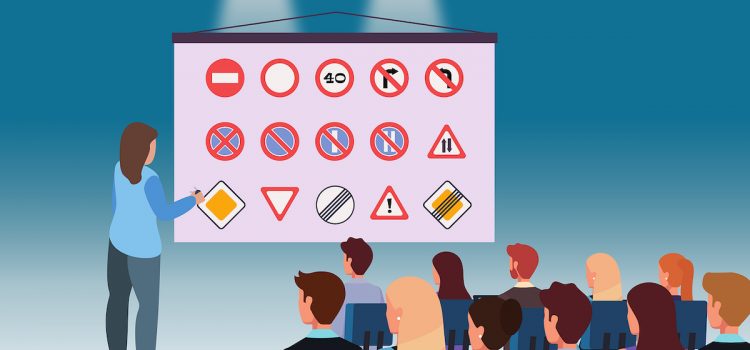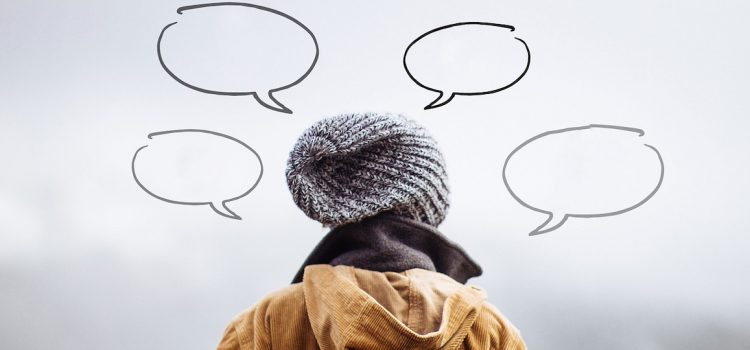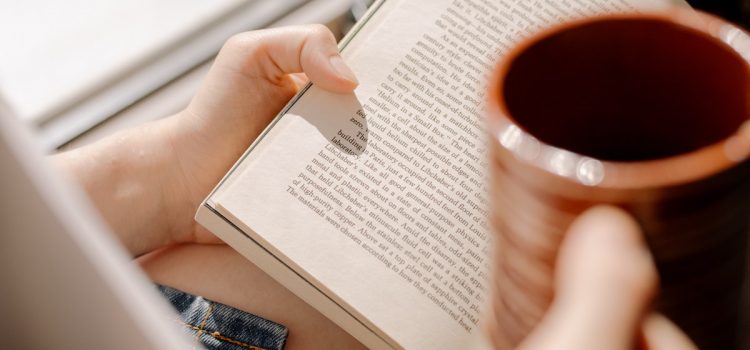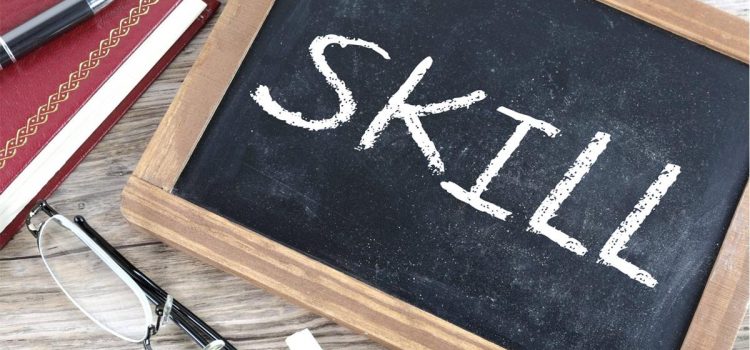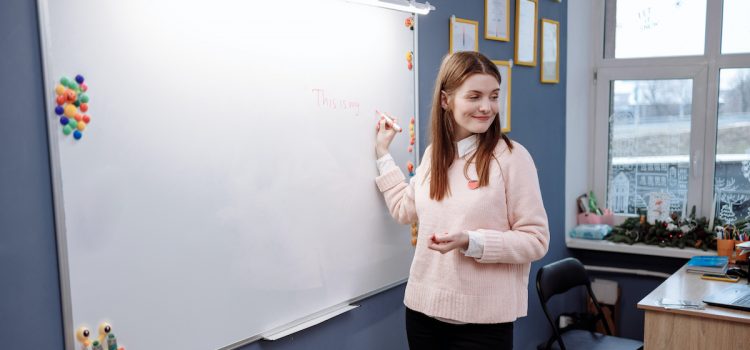What’s going on in your brain when you learn a skill? What stages do you go through? According to neuroscience research, you can improve any skill through practice because your brain is designed to learn and grow. During the skill acquisition process, you progress through the phases of cognition, association, and autonomy. Keep reading to understand these stages of learning a skill and the science that makes this growth possible.
The 3 Stages of Learning a Skill—and the Science Behind It
